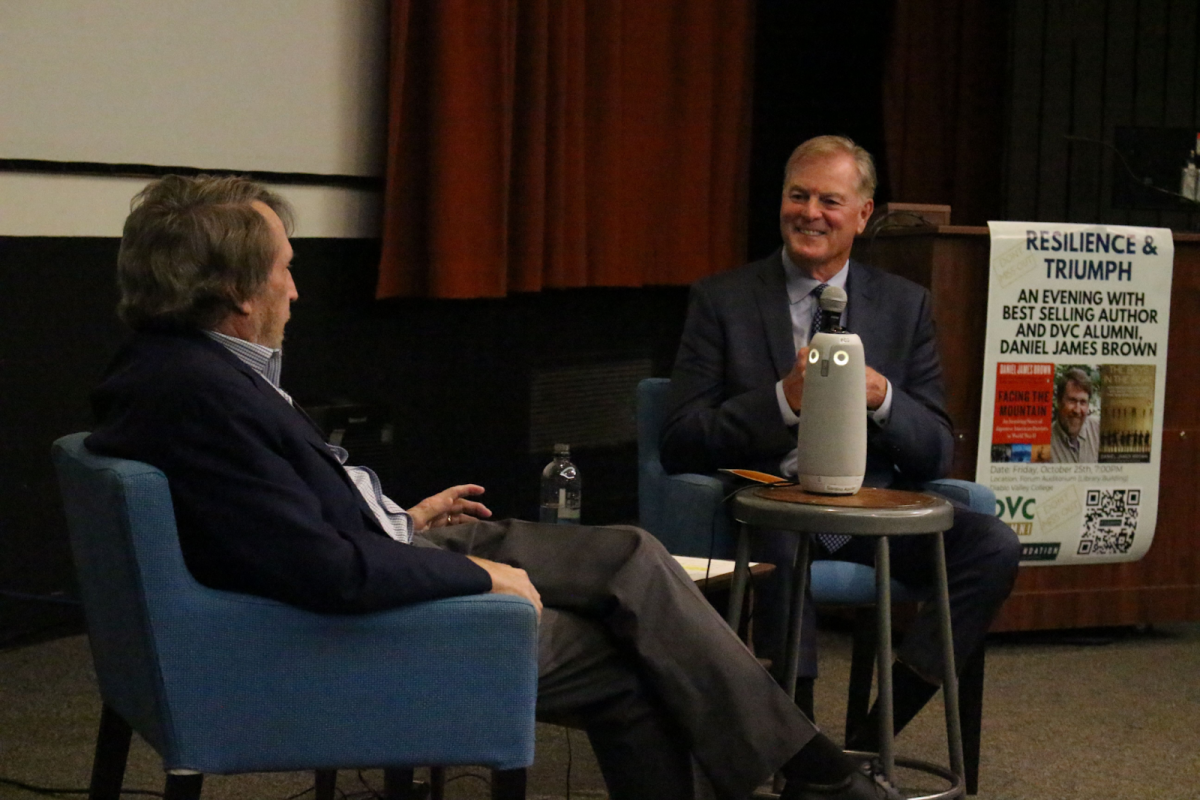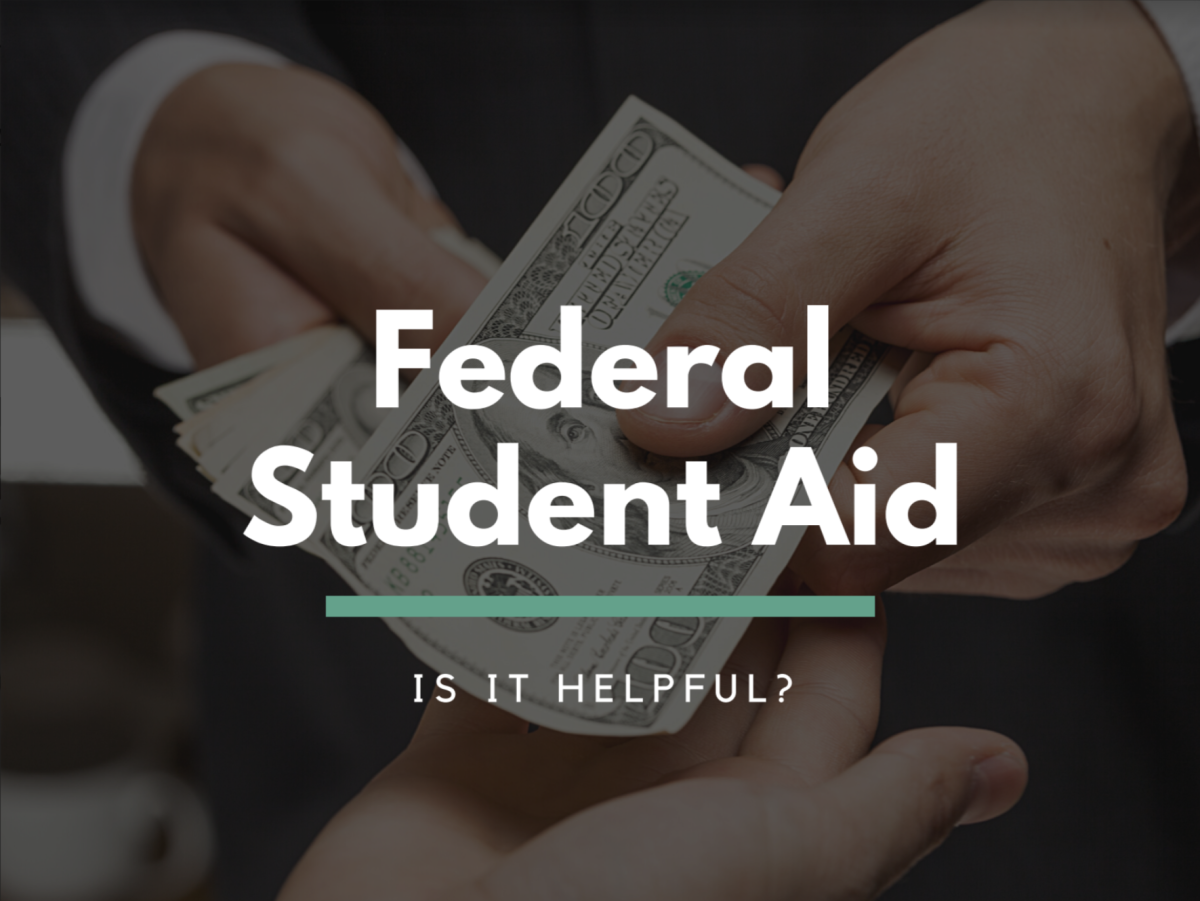The Free Application for Federal Student Aid, known as FAFSA, has been helping students financially since 1965. But as tuition costs have become more prohibitive for families in recent years, the federal program isn’t always fulfilling its purpose to support students in need.
A case in point is the Vayner family. Two sisters, Anastasia and Nikita Vayner, both planned to attend top state universities in California. But FAFSA’s inability to provide financial aid disappointed both of them — in different ways.
Anastasia, a 21-year-old DVC graduate in psychology and current student at Cal State East Bay, told The Inquirer that due to her family circumstances, “FAFSA felt useless to me.”
That’s because the Vayners’ parents are divorced, and Anastasia was only able to provide her father’s information on the federal forms. Yet her father’s income, which is around $100,000, didn’t meet the criteria to apply for and receive financial assistance from the program.
A lot of students complain about the FAFSA program. Different reviews are distributed on sources such as Reddit, Quora and College Confidential Forums. Some commentators consider the FAFSA system to be quite logical, since required facts about parents’ income generally help reduce deceptive responses from students whose parents are willing to cover tuition fees.
But nevertheless, in many instances, students from well-off families often fall in the middle with parents who fundamentally don’t want to help their children. As a result, Anastasia, who has been living on her own for two years without any financial help from her parents, nonetheless received no support from FAFSA.
“I have been fully independent since I was 19 and yet somehow FAFSA still looks at my parents’ income without taking into account [that] not all parents pay for school, even if they should be able to,” she said.
Anastasia said she sees more flaws in FAFSA’s system, since some students have only one parent who’s making a large amount of money, and they can’t reach out to someone else for help.
“On paper my father can pay my school tuition, but that doesn’t mean he does,” Anastasia added. “I have a written letter stating that he won’t contribute, but that doesn’t matter to FAFSA.”
According to the Federal Student Aid office at the Department of Education, the FAFSA website provides a list of 10 questions that gauge the likelihood a student will be eligible to receive financial assistance.
If a student doesn’t answer “yes” and meet all the criteria, the site informs them that “you’re still considered a dependent student for purposes of applying for federal student aid even if you don’t live with your parents, are not claimed by your parents on their tax forms, or are paying for your own bills and educational expenses.”
This was the bind that Anastasia found herself in. And in the case of her sister, Nikita Vayner, getting aid through FAFSA proved even more difficult.
An 18-year-old DVC freshman majoring in psychology, Nikita said she was proud to be accepted this fall to UCLA, where the acceptance rate is only 8.8 percent, and excited to enter what she called “the number one public university in America.”
“Their program is the absolute best,” she said.
But once she saw the price tag of admission, after the school agreed to pay just $6,000 in assistance, she became desperate.
“I received the cost [for university] and it was around $30,000,” said Nikita, noting that the school offered to pay around $5,000 for health insurance alone, “which I didn’t even need.”
As a result, she said, “I tried everything to make my living as cheap as possible, meaning I looked for apartments not on campus that were 30 minutes away, and did not plan to get a meal plan.”
Some students, in desperation, enter false information about their parents’ income in order to obtain funds for higher education. However, this action is dangerous because in cases of deliberate deception, according to FAFSA, “you may be fined up to $20,000, sent to prison, or both.”
For Nikita, the risk wasn’t worth taking. She called the UCLA financial office multiple times, and said they told her the amount of financial aid depended solely on her parents’ income, which made her chances of receiving support very low.
However, “my family sees none of that money because most of it goes to pay off a debt [my father] owes his family, and Financial Aid are unwilling to budge on that debt or help me in any way,” Nikita said.
“My dad has previously declared bankruptcy, which truly highlights that we have no money.”












































































